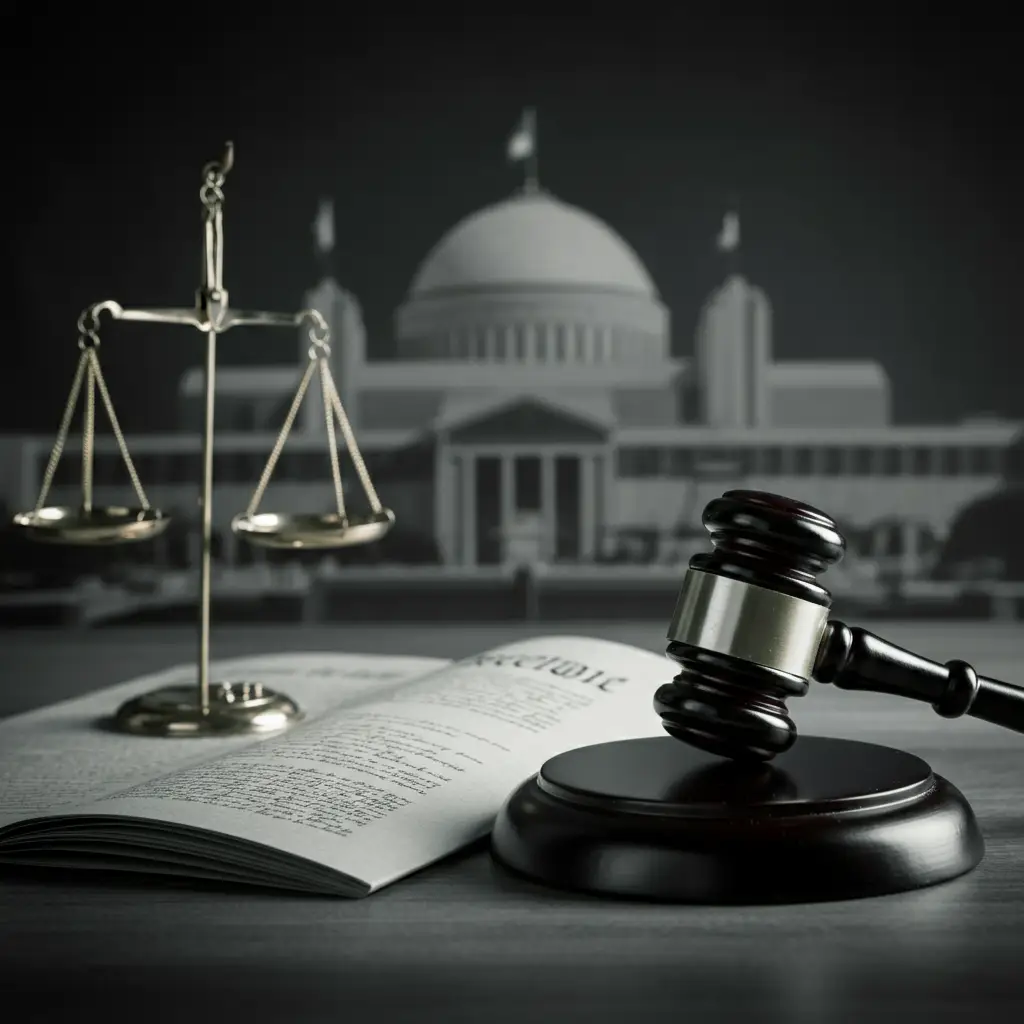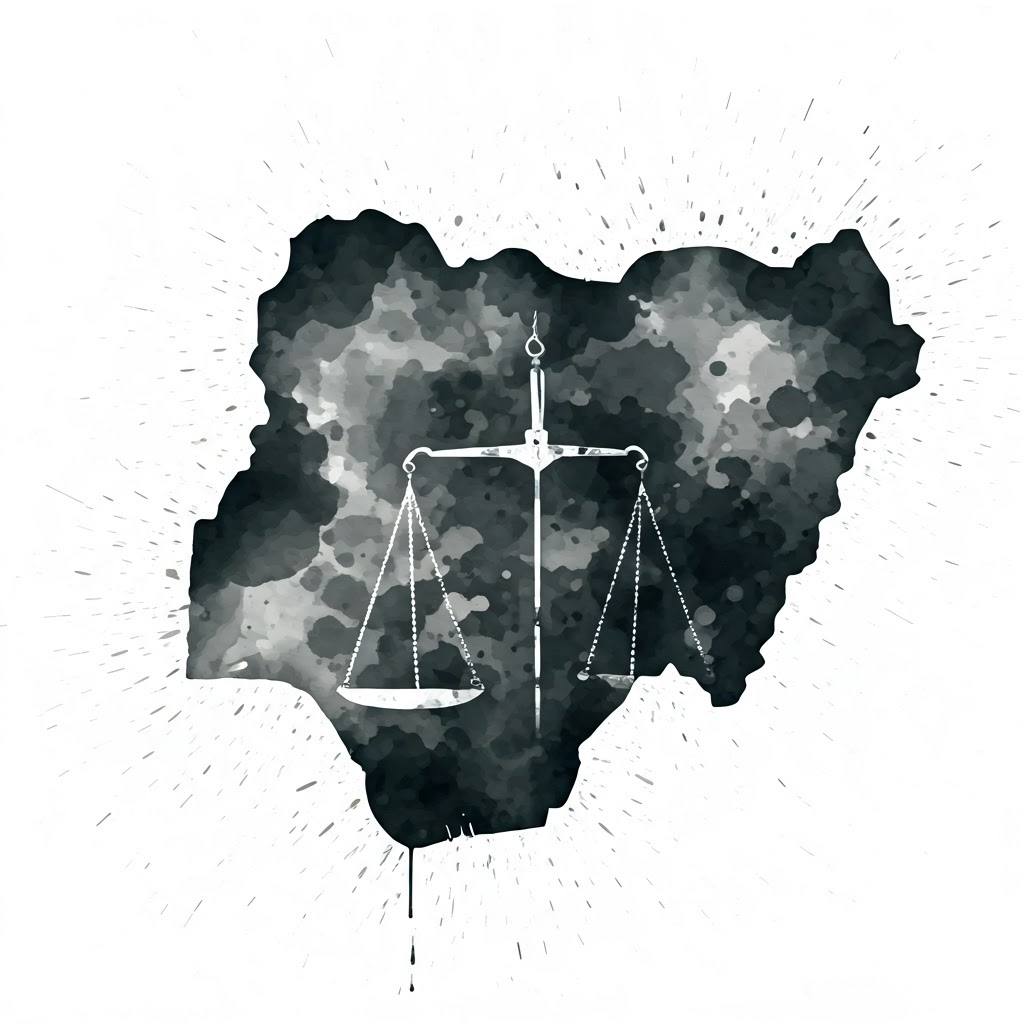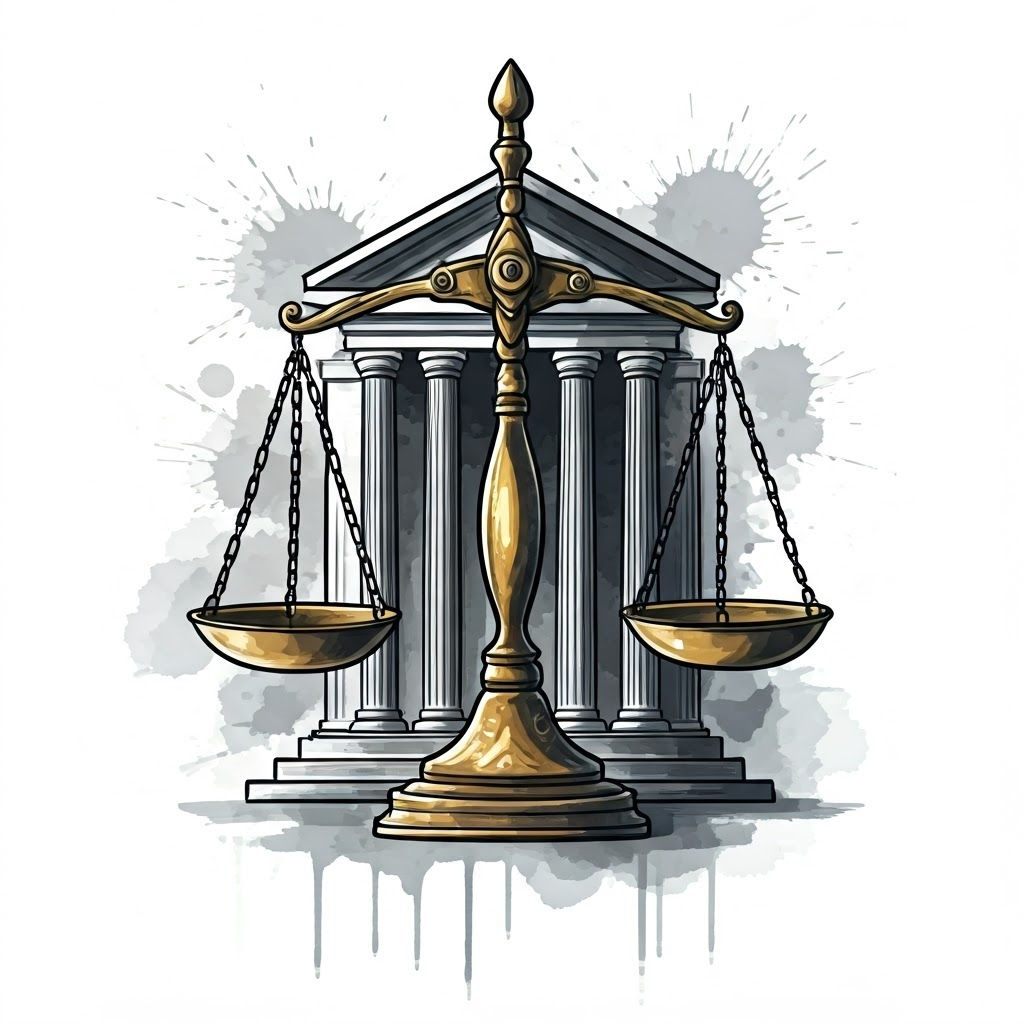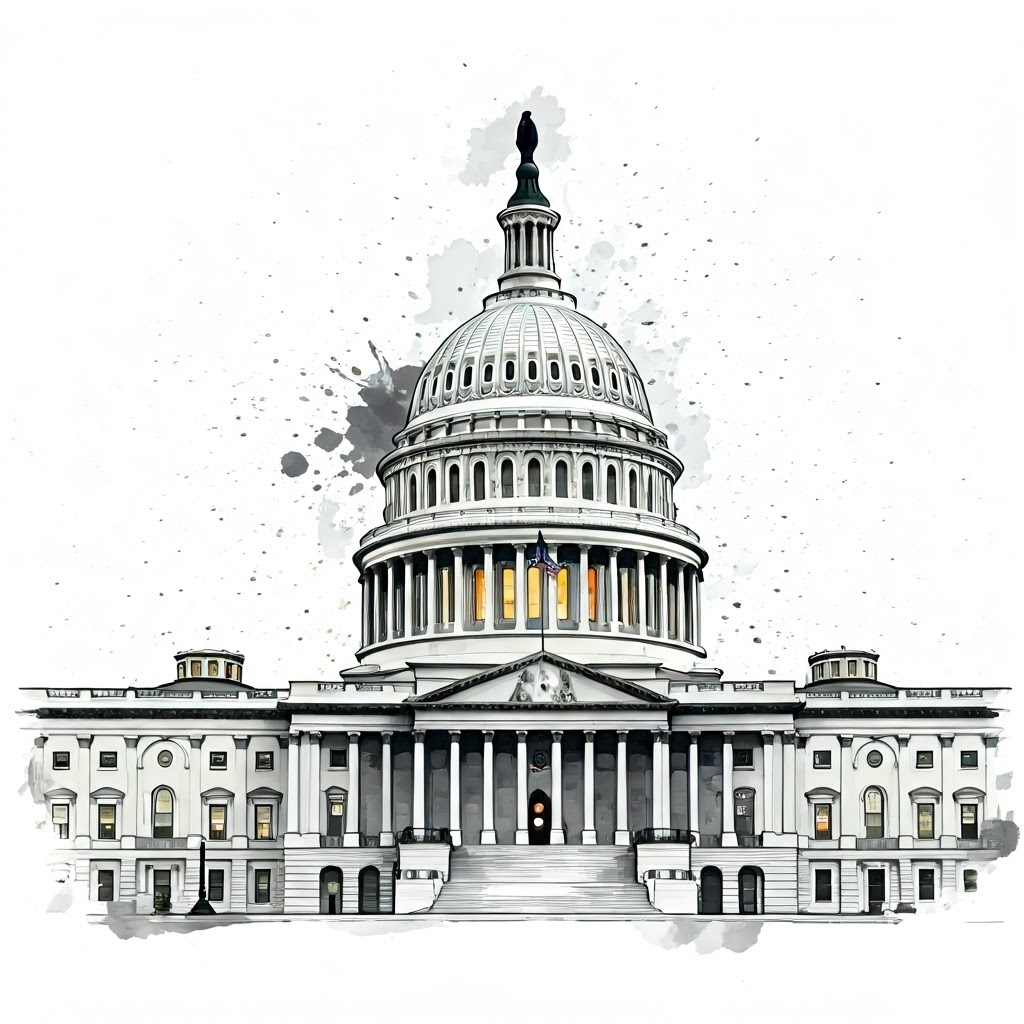Four members of Nigeria’s House of Representatives abandoned the Labour Party for the ruling All Progressives Congress (APC), triggering a legal battle and stirring up political tensions. The Labour Party, vowing to reclaim its lost seats, alleges that its former members violated the constitution and electoral laws. This defection raises concerns about party loyalty and its impact on Nigeria’s democratic processes.
- Four Labour Party members defect to APC, causing political upheaval.
- Labour Party initiates legal action to challenge the defections and reclaim seats.
- Defections raise questions about party loyalty and stability of Nigerian politics.
Party Defections Spark Legal Showdown
The Labour Party (LP) is taking legal action against four of its House of Representatives members who recently defected to the All Progressives Congress (APC). The lawmakers, Chinedu Okere, Mathew Donatus, Akiba Bassey, and Esosa Iyawe, cited “internal wrangling” within the LP as their reason for switching allegiances. House Speaker Tajudeen Abbas announced the defections, further fueling the political drama.
Labour Party’s Fight for Justice
LP spokesperson Obiora Ifoh insists that elected officials have no right to defect with the people’s mandate. The party maintains that there are no significant internal conflicts that would justify such a move. Ifoh’s statement asserts that the defectors violated the 1999 Constitution and the 2022 Electoral Act as amended. The party is determined to retrieve the seats and uphold the principles of democratic representation. They believe this legal battle is not just about the four seats, but about protecting the sanctity of the electoral process.
Impact on Nigerian Politics
These defections come at a time of heightened political sensitivity in Nigeria, following closely on the heels of a contentious general election. The LP’s legal challenge could set a precedent for future defection cases and potentially reshape the political landscape. Some analysts believe that this incident highlights the challenges faced by smaller parties in Nigeria’s political system, where they often struggle to maintain cohesion against the influence of larger, more established parties like the APC. This also raises questions about the motivations behind political defections, including the potential influence of personal ambition and political maneuvering. As the case unfolds, it remains to be seen what impact it will have on the balance of power in the House of Representatives and on Nigeria’s broader political stability.
The Legal Argument
The Labour Party’s legal team is preparing a robust case, arguing that the lawmakers’ defection is not only a betrayal of the party but also a violation of the trust placed in them by the electorate. The case is expected to delve into the interpretation of constitutional provisions regarding party membership and the legality of defections. The outcome of this legal battle could significantly impact the future of Nigerian politics.





